Ahead of the upcoming elections in India, the two major political parties, the Bharatiya Janata Party (BJP) and the Indian National Congress, have unveiled their respective election manifestos, both highlighting the issue of unemployment.
According to reports from news agencies Reuters and Indian media outlet NDTV, the BJP's manifesto emphasizes the Modi government's efforts towards job creation across various sectors such as infrastructure, aviation, railways, electric vehicles, eco-friendly fuels, semiconductors, and pharmaceuticals. The manifesto aims to provide numerous opportunities for the youth of India.
In contrast, the Congress party has pledged to address unemployment by promising to fill 30 lakh government vacancies if it comes to power.
The prominence given to unemployment in both manifestos is noteworthy, especially for the BJP, which has historically focused on religious politics. The shift towards addressing unemployment reflects the growing concern among voters regarding job opportunities in the country.
Recent surveys conducted by Lokniti.org, the research organization of the Center for the Study of Developing Societies (CSDS), reveal alarming statistics regarding unemployment in India. According to the survey, 62 percent of respondents feel that it has become more difficult to secure employment compared to previous years. This sentiment is echoed across various demographics, including Muslims, Dalit Hindus, and upper-class individuals.
Additionally, the International Labour Organization (ILO) has reported a rise in unemployment in India, with 83 percent of the total unemployed population being under the age of thirty.
The increasing focus on unemployment in pre-election polls indicates a shift in voter priorities, with rural voters expressing concerns about unemployment and rising commodity prices. While religious issues like Hindutva and the Ram temple have traditionally been significant in elections, recent surveys suggest that voters are prioritizing economic issues.
Analysts point out that while the BJP has historically relied on Hindutva and communalism as electoral strategies, the focus on unemployment in its manifesto reflects the evolving priorities of Indian voters, particularly the youth and working-class population.
Ultimately, the party that effectively addresses the concerns of unemployment and rising commodity prices is likely to garner support from ordinary working Indians and youth in the upcoming elections. The significance of these economic issues underscores the changing landscape of Indian politics and the shifting dynamics of voter preferences.



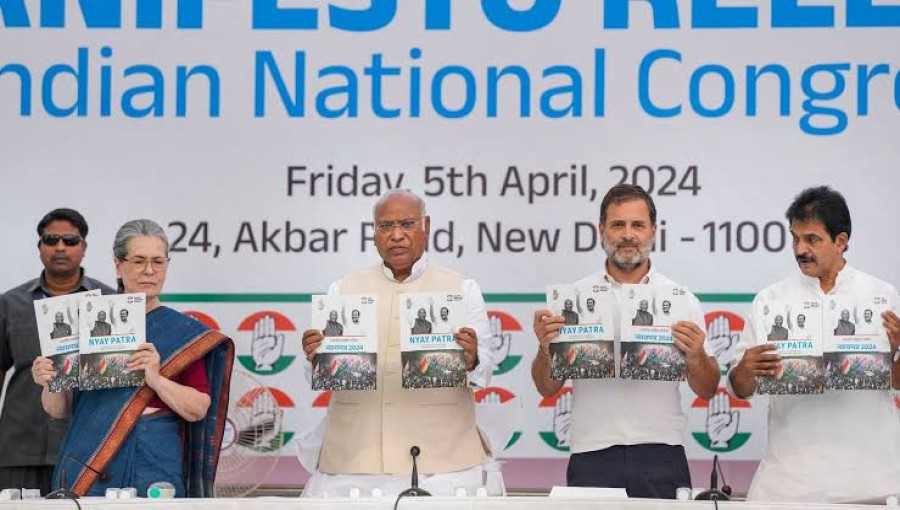

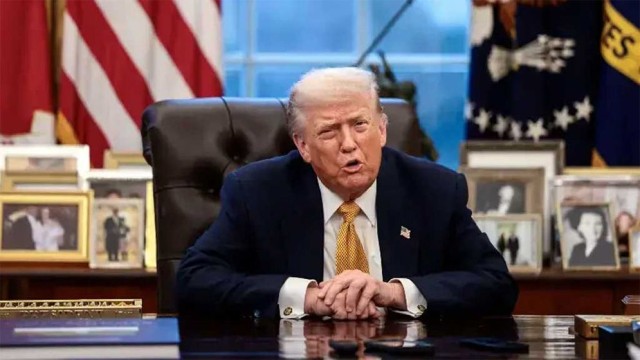





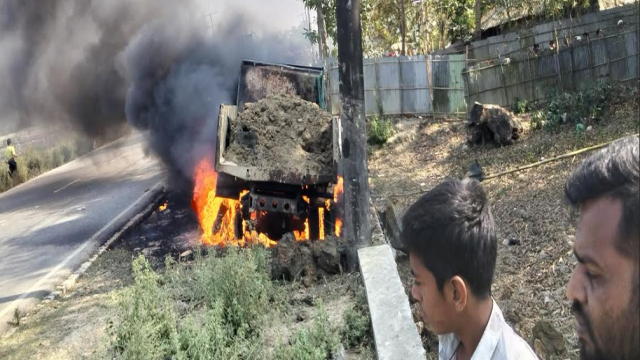

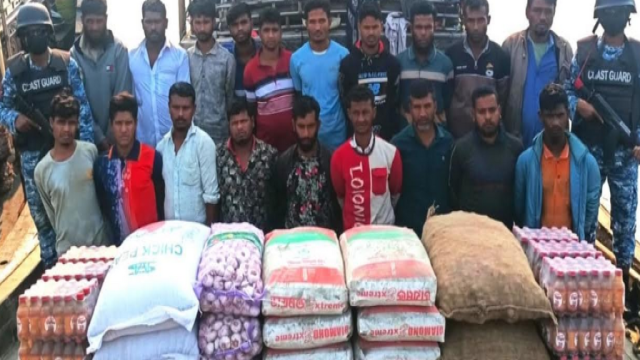















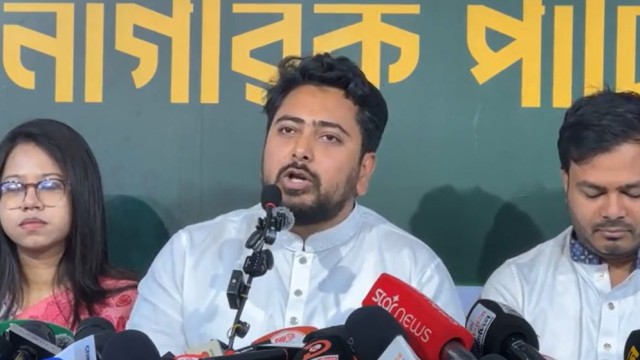

Comment: